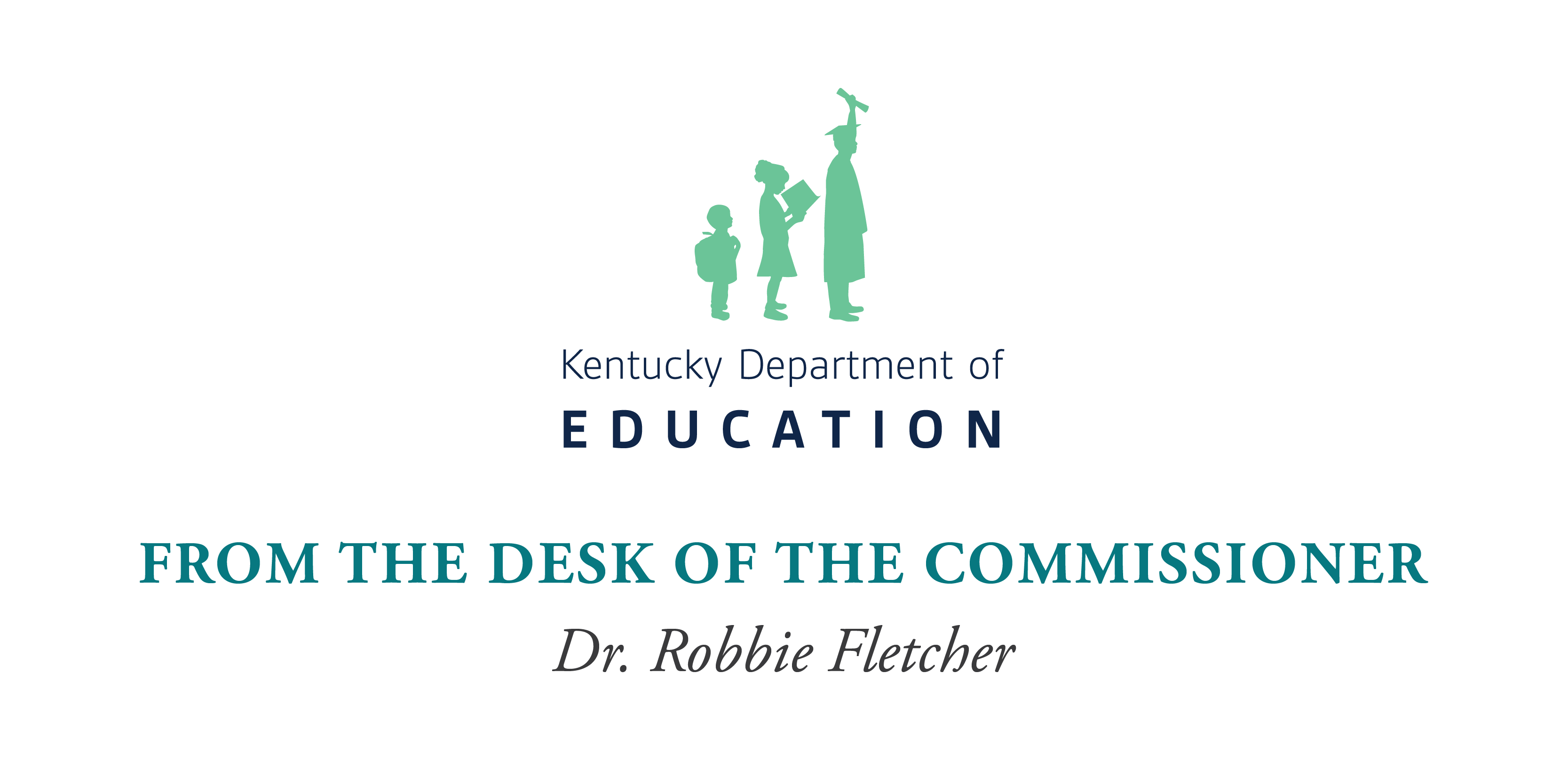The Kentucky Department of Education, in partnership with the Strategic Data Project (an initiative of the Center for Education Policy Research at Harvard University), 55,000 Degrees, the Prichard Committee for Academic Excellence and Jefferson County Public Schools, has unveiled a new, interactive online tool aimed at improving college-going and persistence in Kentucky.
The tool includes data on the college-going pathway, high school graduation, college enrollment and college persistence from all Kentucky high schools.
“We hope that engaging the wider education community with tools such as this one will help drive new conversations and approaches for improving college readiness and access in Kentucky,” said Nicholas Morgan, Executive Director of the Strategic Data Project.
The data included in the tool show very different outcomes for different groups of Kentucky students. For example, top achievers are very likely to graduate high school on time, enroll in college and persist in college. While students in the bottom quartile of achievement are likely to graduate from high school, they are unlikely to enroll in any postsecondary education, which will impact their future earnings and outcomes. There also is great variation between student outcomes among high schools across the state. The data show some schools graduate a higher percentage of students in the lower performance percentile than other schools’ top quartile students.
“While our college and career readiness rates have improved dramatically and schools are doing a good job supporting some students, we have to be sure we are supporting ALL students in the quest for college- and career-readiness, graduation and postsecondary opportunities,” Education Commissioner Terry Holliday said. “We have to look at what schools are doing differently and focus on the options for every student to be successful,” he said.
The data show when it comes to college enrollment, students in the lower performance quartile at some schools enrolling in college at greater rates than other schools’ top quartile students. Student poverty, achievement level entering high school and proximity to college are additional variables that have an impact on college-going in Kentucky.
“This is a great tool to not only identify areas to better prepare students for a successful transition from high school to college, but also to build stronger collaboration between K-12 and postsecondary education.” said Mary Gwen Wheeler, executive director of 55,000 Degrees, Louisville’s college-going initiative. “Increased understanding of the barriers affecting college-going and persistence of our students will help remove those obstacles and encourage more students to cross the finish line and earn their degrees.”
Prichard Committee Student Voice Team and peer mentors from 55,000 Degrees discussed the data in more personal terms. They talked about challenges such as adequate college advising, financial aid and the availability of programs to help students develop non-academic soft skills and “college knowledge” that are standing in the way of some Kentucky students pursuing a college education.
As for college persistence, there is a strong correlation with college readiness as demonstrated on the ACT.
Additionally, full time college students are more likely to persist than those going part time, and students at four-year colleges have a higher persistence rate than students at two-year colleges.
“It is imperative that our communities and local school districts help ensure ALL students’ success after high school,” said Prichard Committee Executive Director elect Brigitte Blom Ramsey. “Too often a student’s zip code, background or family income dictate their future. We need to break this cycle and our communities can begin to do that with this tool.”
Kentucky education leaders discussed how to overcome the challenges to college-going in Kentucky and address them through policy changes driven by the data.
“Having the data to show us exactly where we are is helpful, but if we want Kentucky to have a robust economy and be able to attract jobs that pay a living wage, we are all going to have to take action on it and work together to find a solution to some of these issues,” Council on Postsecondary Education President Bob King said.




Leave A Comment